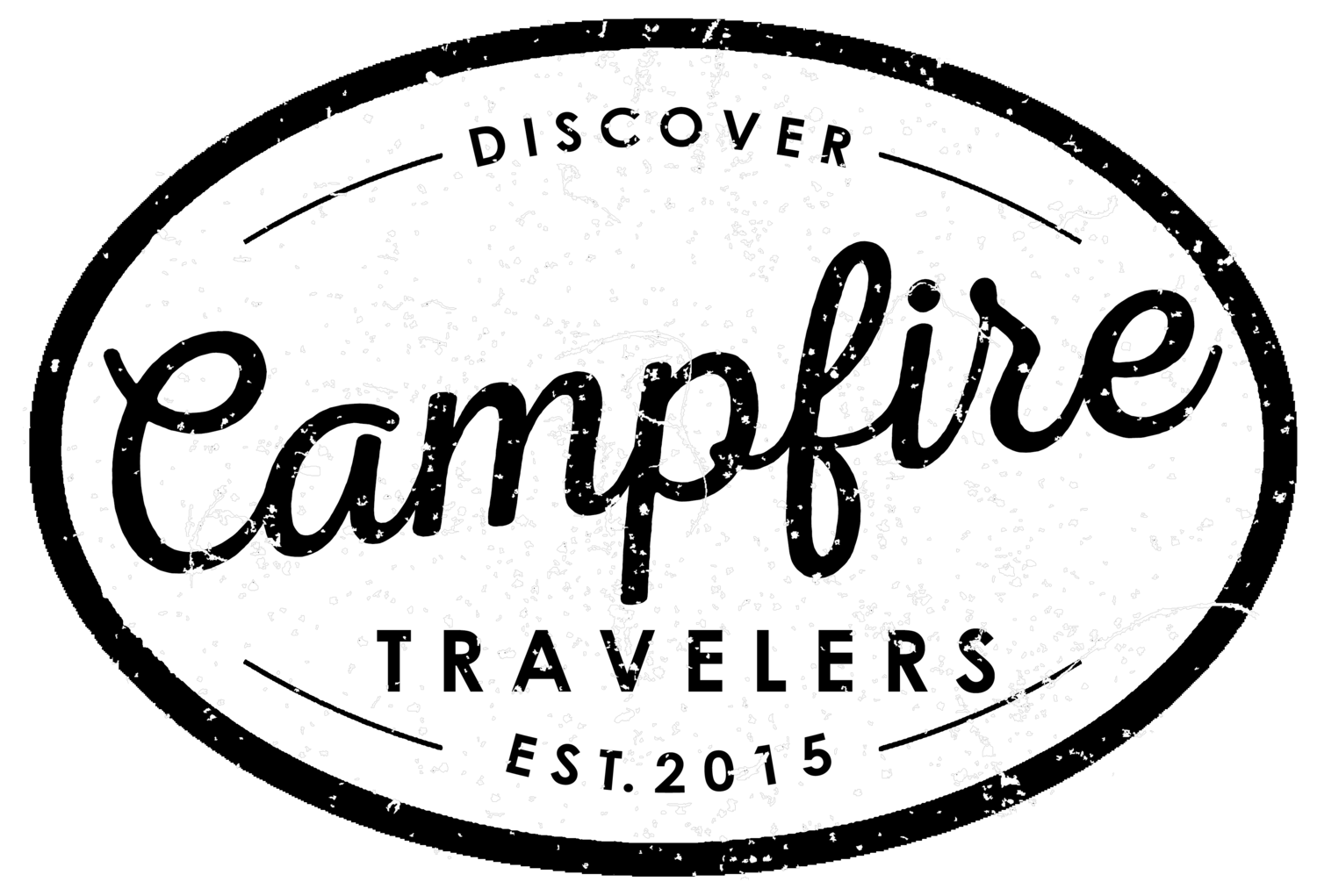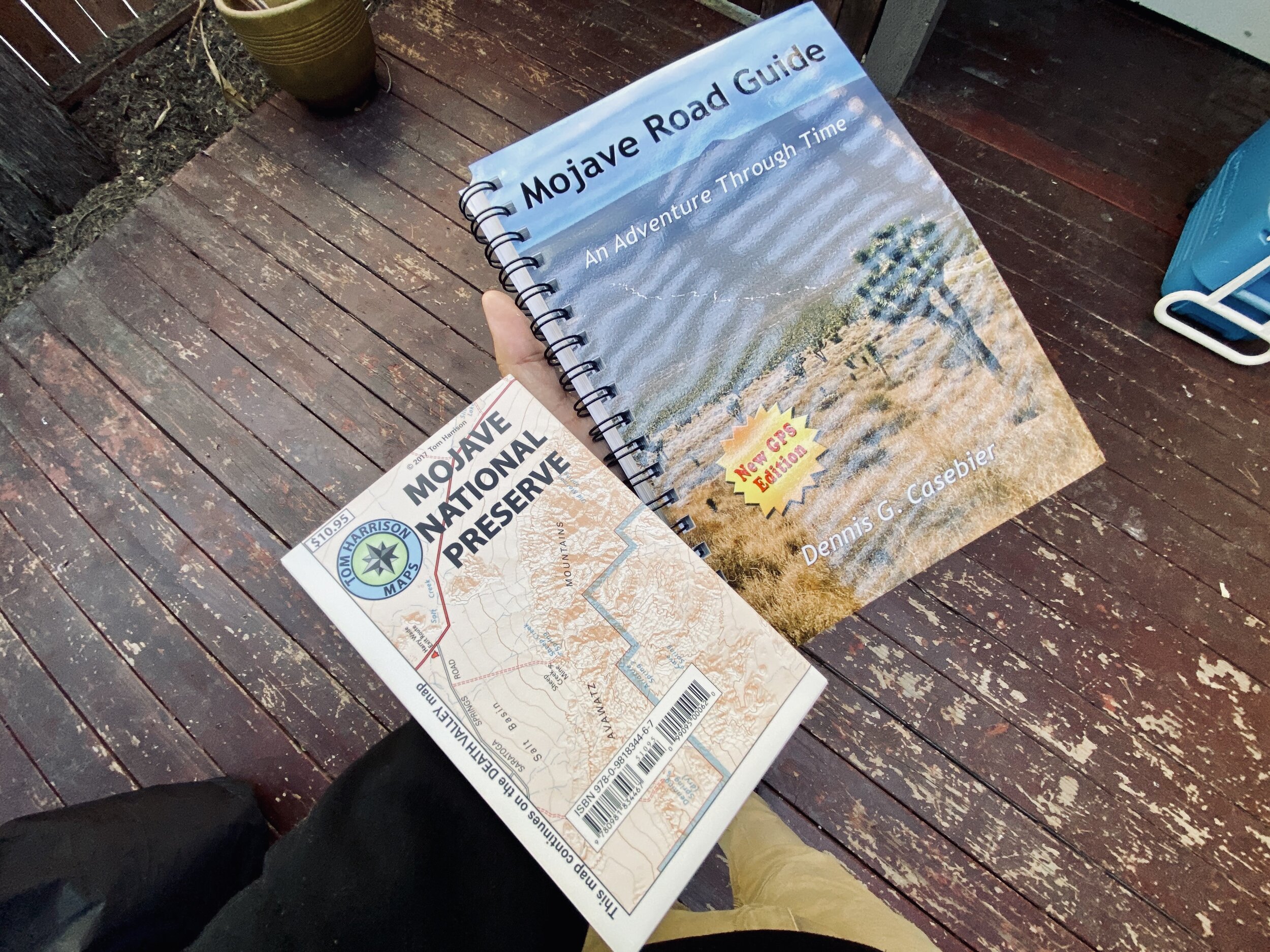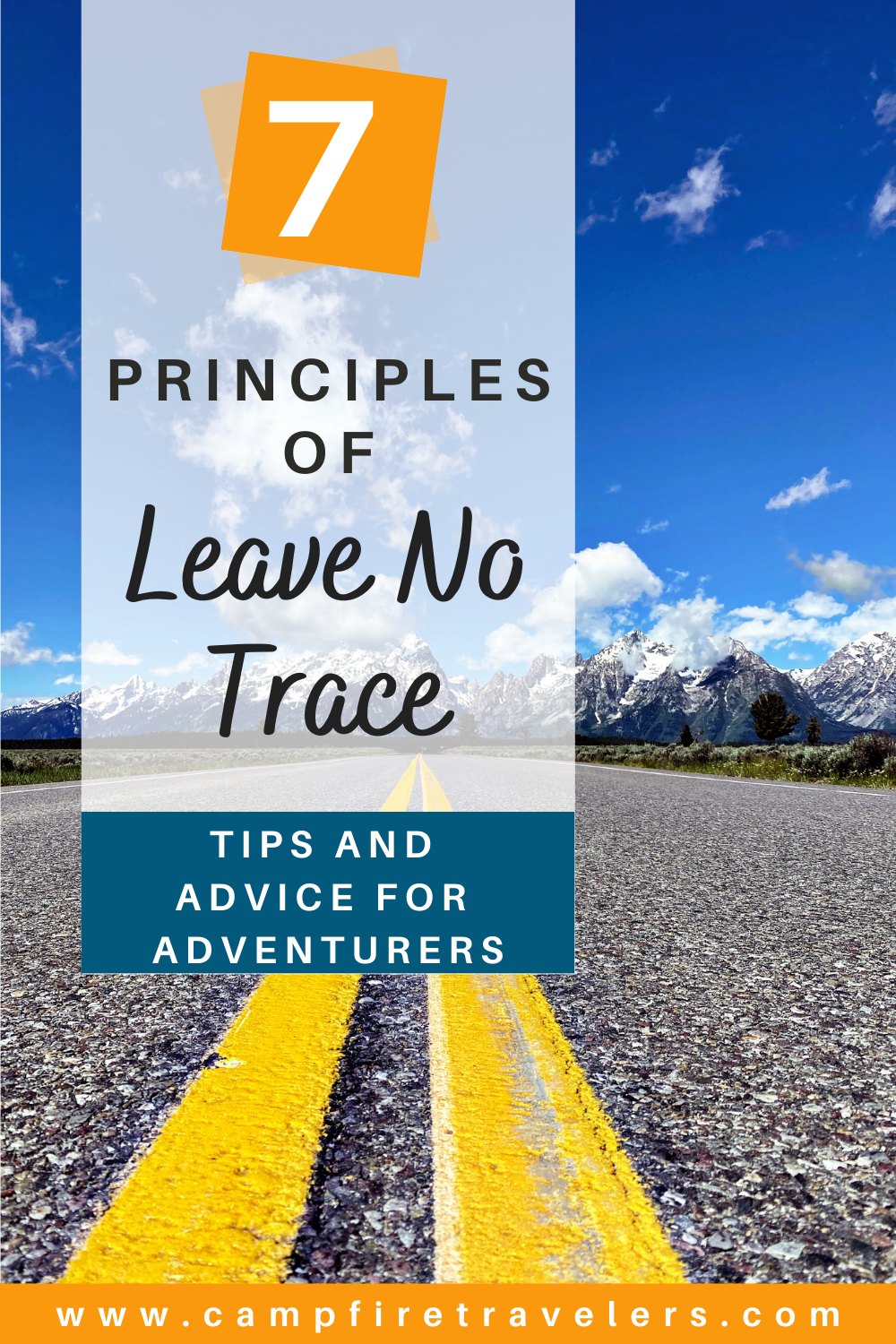Seven Principles Of Leave No Trace from The Overland Portal
I am so excited to introduce you to a friend of mine, Eddie Ramos from The Overland Portal. Eddie is a husband to Jo, father to two adorable kiddos, a Veteran, avid outdoorsman, and jack of all trades. Eddie and Jo host travelers at their Hipcamp spot, Docking Bay 94, along with several other (ad)ventures. Today, I asked Eddie to share a bit about the importance of Leave No Trace principles for anyone who loves spending time outdoors.
Seven Principles Of Leave No Trace
Remember that saying, “only you can prevent forest fires”? The saying was designed to encourage us to be safe and smart when handling fire out in the wild, and to remind us that if a forest fire were to actually happen, it most likely could be traced to a man-made fire that was either accidental or irresponsible. Either way, it started with “you”. “Leave no trace” shares the same sentiment: WE are all responsible in the care of the great outdoors.
Imagine showing up to a campground that’s completely littered with trash. Imagine showing up in the backcountry where it’s less-traveled, yet the flora and fauna have been ruined by the constant use of tents, poop holes, and worse, leftover plastic waste and glass bottles. The responsibility of keeping the outdoors the outdoors falls on you, on me, on us. It’s so important that we remain conscious of the effects our actions or inactions may have on the flora, the wildlife, and potentially entire ecosystems. That’s why the Seven Principles of Leave No Trace should be followed by each hiker, camper, or overlander to help minimize those impacts. These principles can be applied anywhere and anytime.
Although these principles are not new and are widely spread, here is our quick summary of the Seven Principles of Leave No Trace:
Plan ahead and prepare.
Proper trip planning and preparation can make or break your expedition. Planning helps you recognize what you need and preparing helps identify what your needs are. You always want to pack just the right amount for the duration of your reservation in the outdoors. Another benefit to planning is that you are more than likely going to avoid unexpected circumstances such as campground limitations on guests, vehicles, or fire. A well planned trip directly correlates to the most comfortable and enjoyable experience for everyone.
Travel and camp on durable surfaces.
Walking, hiking, driving and setting up camp — whether in the backcountry or in designated campgrounds — wears out the land. Areas without vegetation that are level, or close to being level, are your ideal spots for setting up camp. On the flip side, areas that have thick vegetation, loose dirt or soil, or obvious signs of wildlife activity, are best left alone. If you find yourself near a water source, be sure you are at, or beyond 200 feet.
Dispose of Waste Properly
This. Is. So. Important. Pack out what you pack in. Before you leave, inspect your area and clean up anything left over. The goal is to leave it better than you found it. If you see trash along your hike, pick it up. If there are amenities such as toilets, sinks, and sometimes even showers, use them as much as you can. If you have to dispose of solid human waste, dig a cat hole 6-8 inches deep and 200 feet away from water, trails and campsites. Cover up and disguise the cat hole when you’ve successfully filed your paper work. No one likes seeing trash on the trails. Keep it clean!
Leave What You Find
It’s tempting to take that rock, flower, or petrified tree branch from its beautiful home only to put it on the shelf to collect dust. We all love souvenirs but be conscious of preserving the past. A better alternative is to take photographs of ancient hieroglyphs, natural wonders, and don’t touch cultural or historic structures. (Disney, we didn’t forget...)
Minimize Campfire Impacts
Campfires are synonymous with camping. A fire is hub for new traditions and home to the perfect s’more. Before building a fire, it’s important you know the fire restrictions in your area. Once you’ve determined what kind of fire you can have, think about where you’re building it. Is a designated fire ring available? If not, is there a primitive fire ring made me carefully stacked rocks around? Try and use what’s already available rather creating another fire pit. Don’t bring wood from home. Buy local or source it responsibly. Be sure to properly extinguish your fire and dispose of the ashes appropriately.
If you camp in California, get your Camp Fire Permit here. It’s good for the entire year!
Respect Wildlife
In its most basic form, do not approach animals. This means observing from a distance or if you have to, create and increase the distance between you and the animal so you can safely enjoy the rare treat of seeing nature at its finest. If you camp or hike with pets, be sure to keep them leashed for the safety of everyone and everything.
Be Considerate of Other Visitors
This, Adventurers, is the golden rule. “Treat others the way you would like to be treated”. Respect other adventurers so they may enjoy nature themselves. Be courteous while on- and off-trails, and yield to others. If someone needs help, assist the best you can. For my dog lovers, please manage your companion. And please, if you like to listen to music outdoors, do so at a respectable level. Avoid loud sounds and let nature do the singing.
Now that you are equipped with this knowledge, share these principles with your friends so they may join the effort in preserving the great outdoors.
Happy camping!
Thank you again to Eddie for sharing his fantastic tips and knowledge with us. If you want more like this you can find Eddie over on his blog or connect with him @theoverlandportal on Instagram.
PIN this for later!
SHARE this with a friend!









